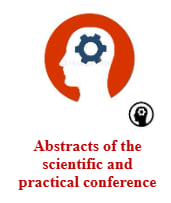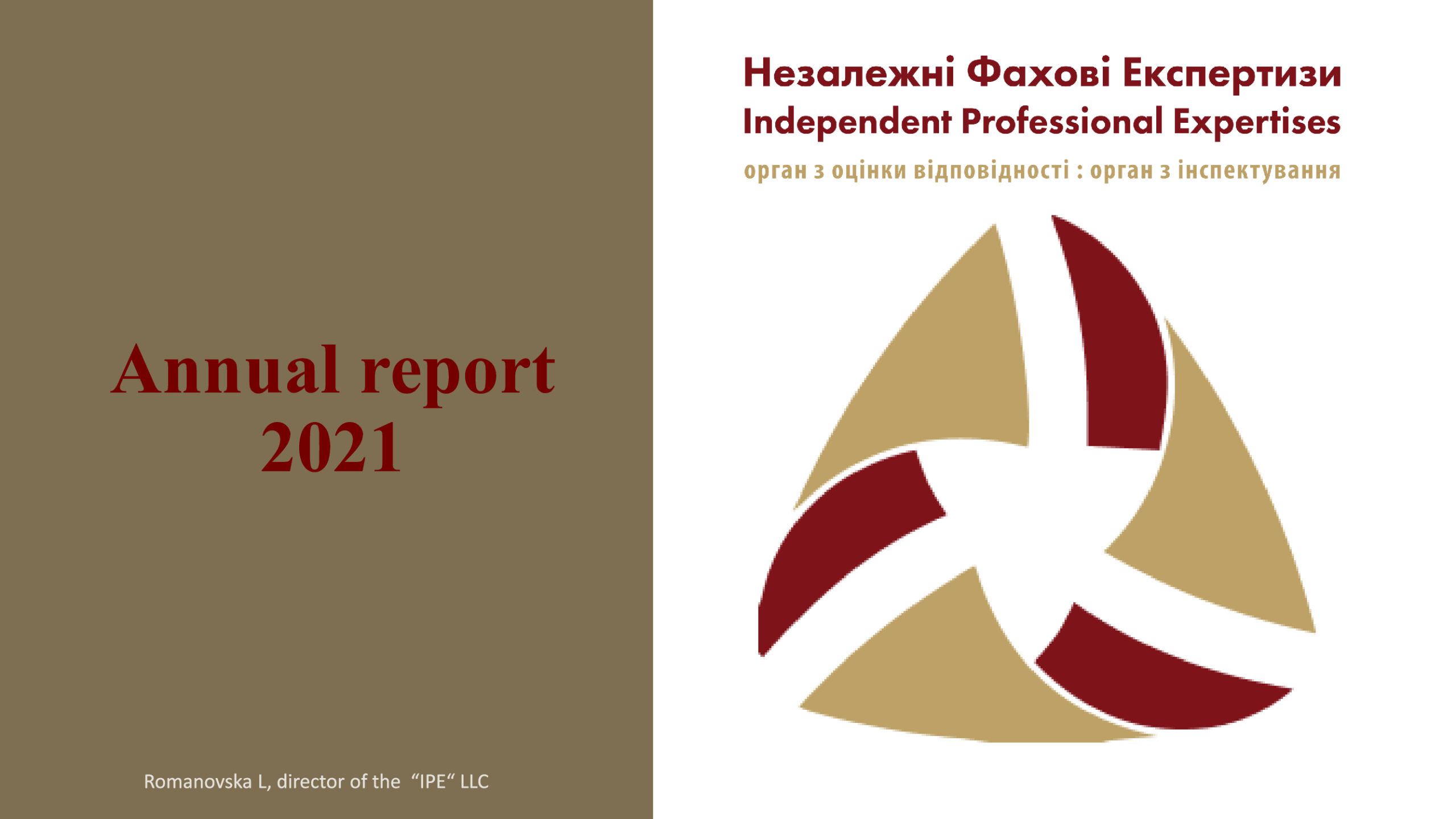| Romanovska L.А., Candidate of Law, Director, Chief Research Fellow in the field of jurisprudence at IPE LLC, https://orcid.org/0009-0004-6306-6936 Legal paradigms of the 21st century: man, state, humanism, security: materials of the international scientific and practical conference (Kyiv, November 15, 2022). – Odesa: Helvetica Publishing House, 2022. – 318 p. (P.165-168). |
Generalised theses.
In the scientific literature, attempts are made to attribute scientific and legal expertise to a type of scientific expertise within the meaning of the Law of Ukraine «On Scientific and Scientific and Technical Expertise», and accordingly conclusions are drawn about the existence of legal regulation of scientific and legal expertise in Ukraine by the said law. This approach is controversial and here is why.
Firstly, scientific and legal expertise is not an activity, it is through the term «activity» that the essence of scientific and scientific and technical expertise is revealed according to part one of article 1 of the Law of Ukraine «On Scientific and Scientific and Technical Expertise». In its essence, scientific and legal expertise is more related to forensic expertise, the essence of which, according to part one of article 1 of the Law of Ukraine «On Forensic Expertise», is defined as «research based on special knowledge».
Secondly, the objects of scientific and scientific-technical expertise are also clearly defined in part one of Article 5 of the Law of Ukraine «On Scientific and Scientific-Technical Expertise», in particular, these are: «technical and industrial objects, structures, natural objects, etc., in relation to which there is a need to obtain scientifically substantiated expert opinions; projects, programs, proposals of various levels, for which it is necessary to conduct a scientifically substantiated analysis and give a conclusion on the appropriateness of their adoption, implementation, further use, etc».
The subject of research of scientific and legal expertise is issues of a legal nature, which are related to the need for an objective and legal solution to a practical problem. The very need to solve a practical problem prompts the order of scientific and legal expertise. Thus, unofficial competent interpretation of a legal or contractual norm in all cases is caused by the lack of clear legislative or contractual regulation, which leads to the restriction of the legitimate rights and interests of the subjects of legal relations.
Note that the expert opinion of scientific and legal expertise has wide application, it is provided for the adoption of an appropriate decision by a competent person, taking into account the justifications and conclusions, if this requires the knowledge of experts in the relevant fields of legal sciences. Therefore, the subject of scientific and legal expertise is legal issues related to the need for an objective and lawful solution to a practical problem.
Thirdly, the confirmation of the qualifications of experts in various branches of legal sciences is a diploma of a doctor or candidate of sciences (doctor of philosophy), additional confirmation is their scientific works, that is, research within the scientific specialty and the corresponding thematic direction. And it is advisable to draw an analogy with the requirement that is defined for experts of scientific and scientific-technical expertise according to the Law of Ukraine «On Scientific and Scientific-Technical Expertise», regarding the absence of the need to undergo accreditation.
Thus, scientific and legal expertise is not a scientific and scientific and technical expertise within the meaning of the Law of Ukraine «On Scientific and Scientific and Technical Expertise». Scientific and legal expertise has its own subject of research and requires its own legal regulation. Although certain requirements specified by the Law of Ukraine «On Scientific and Scientific and Technical Expertise» may be extended to the organization and conduct of scientific and legal expertise, in particular, regarding: determination of subjects of expertise (part one of article 4), rights and obligations of organizers of expertise (article 20), rights and obligations of experts (article 21), state accreditation of legal entities whose charter provides for expert activities (part one of article 7), contract as the basis for conducting expertise (article 22), validity periods of expertise conclusions (article 26), financing of expertise at the expense of the customer of expertise (article 33).













